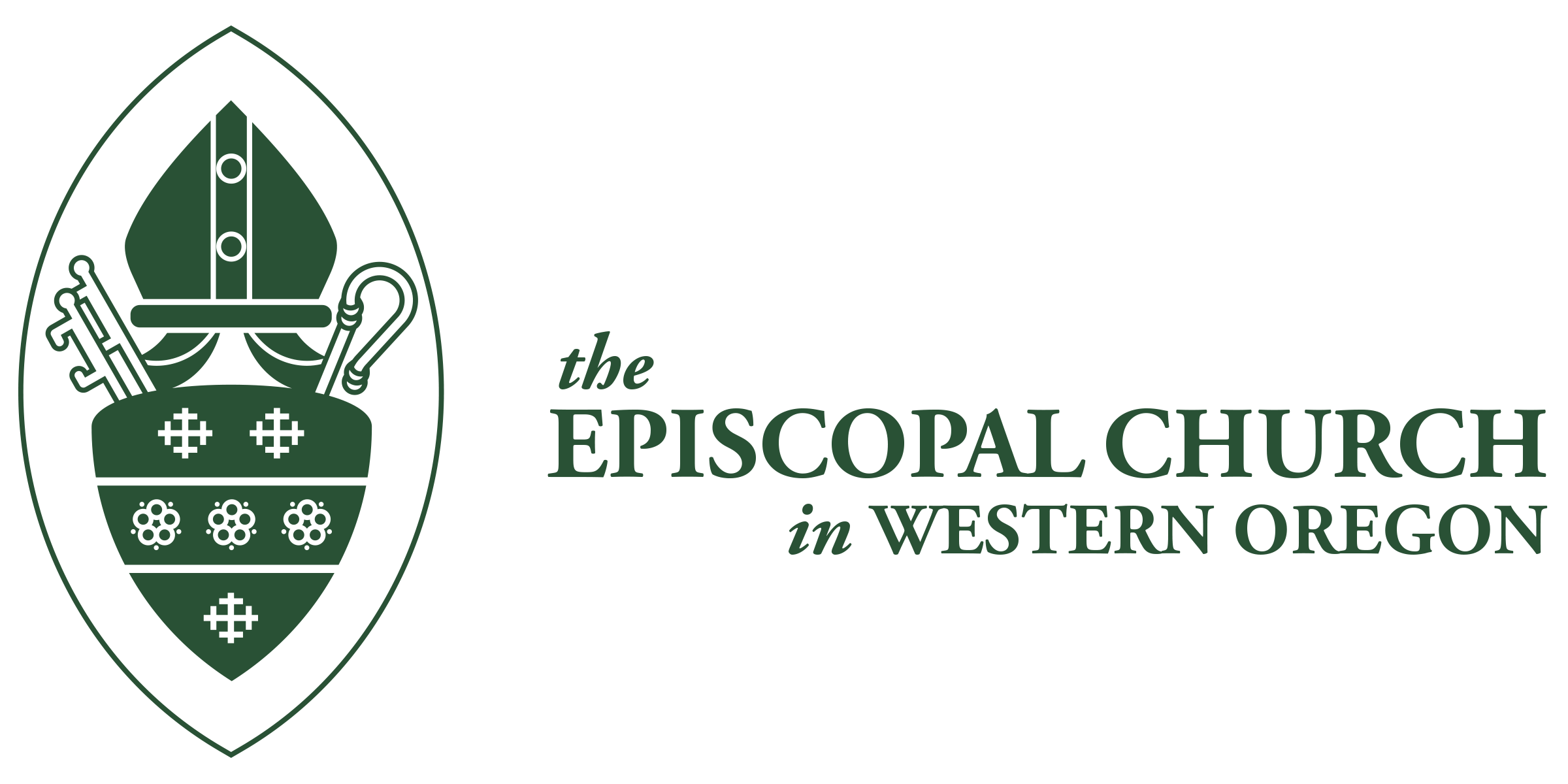Contributed by Susan McNaught (Prince of Peace), the Rev. Andy McQuery, and Evan White (St. Paul’s)
Please note, these meetings happened in July 2021 when COVID-19 guidelines provided by the CDC allowed for vaccinated persons together in person without the need for a mask. All three congregations involved had policies in place requiring masks for unvaccinated persons.
Over three Saturdays in July, members representing all three Salem-area Episcopal congregations (Prince of Peace, St. Paul’s, and St. Timothy’s) – about 30 people in all – came together in person for reflection and small-group conversations about the Rev. Canon Stephanie Spellers’ important new book, The Church Cracked Open. Participants grappled with some uncomfortable (and often unfamiliar) history, believing that better understanding the present aids the building of a better future.

The book takes its title from the biblical anecdote commonly known as “The Woman with the Alabaster Jar,” versions of which appear in all four Gospels, in which an unnamed woman (John identifies her as Mary, the sister of Lazarus) smashes open an elegant vessel and pours out the entire quantity of precious perfumed oil in an extravagant act of anointing Jesus. Spellers, who serves as the Presiding Bishop’s Canon for Evangelism, Reconciliation, and Creation, sees an analogy between the beautiful alabaster container and our beautiful churches. Observing that we’re too concerned about holding on to what’s inside, Spellers proposes we let go so that we can accomplish the abundant healing that is needed. Part of what we need to release is our own mythology that does not properly acknowledge the Episcopal Church’s racist past.

Together we discussed the book’s central question: “How does a denomination historically connected to establishment and empire become a church that loves Jesus, lives in solidarity with the oppressed and seeks the flourishing of all God’s children?” Each parish took a turn hosting a session so we could visit each other’s churches, build new relationships, and have frank, respectful conversations on racism, current efforts, and where we go from here. While we reached no firm conclusions, there was unanimous agreement that we want this collaborative work to continue and to keep the momentum going! Everyone who participated believes this was the first time the Salem-area parishes had ever worked together; we are determined it won’t be the last.
